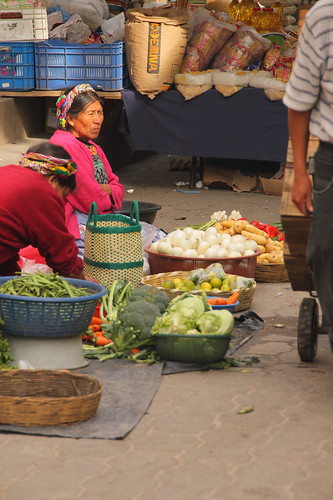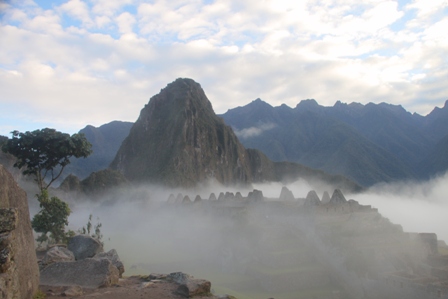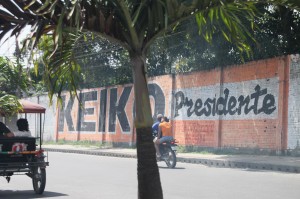On my travels in 2010, two of the countries I got to know the best are Guatemala & Cuba. Both had revolutions (Guatemala in 1944, Cuba in 1953) whose effects resonate through history. Both revolutions had similar causes and relationships. But ultimately very very different outcomes.

Today Cuba is practically unique in the world. A socialist economy, largely centrally-planned and state-run, but one that boasts developed-world levels of health, life expectancy, literacy, and, dare I say, equality. Let me say right now that Cuba has problems – big problems. But on many indicators they are doing surprisingly well, especially given their handicaps, which still include being under a trade embargo by the United States.
By contrast, Guatemala is poorer in both absolute and per capita terms, much more unequal, and has a very low ranking on the UN Human Development Index, even worse so when accounting for its inequality.
More noticeable when I was there is the way that indigenous people sometimes turn their heads to look down or look away from you. Hundreds of thousands of Guatemalans were killed by their own government, well into the 1980s.
Yet I found Cubans to be outgoing, passionate, care-free and confident. It pains me to say it: you could never call Guatemalans care-free. Half of them live in absolute poverty. Continue Reading »


